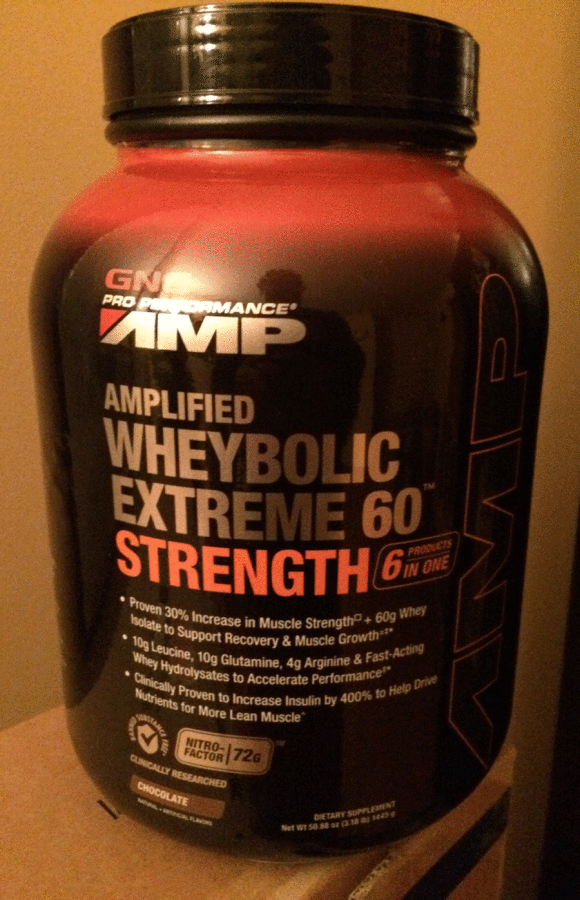Facts about Protein Powder
Protein powder can help build muscle, but may lead to serious health problems in the future.
Although protein powder can give an athlete ripped abs, sleek muscles, more energy, and better performance, there are also many bad things protein powder can do to their body. Consuming protein powder can make athletes think they are getting healthier and make them feel good and look their best, but protein powder can make someone very sick. An individual’s physiology can determine how well he/she can tolerate the powder, but even if the person does not have a problem in that regard, protein shakes can be a source of toxicity that might lead to future health problems. Although some may seemingly taste good, there are a lot of negatives to the product that athletic people should consider.
“I take two scoops after my workout everyday, which is about 50 grams total, and I always mix it with milk,” said senior Dakota Daniels. “Someone that does a fairly good amount of exercise should consume about one gram of protein per pound of body mass, that also includes what you eat throughout the day though, so you do not have to drink 180 grams of protein if that is how much you weigh.”
Another ACHS senior, Danny Helgesen, says, “About 90% of the time water. Water has a faster absorption rate, therefore the protein is more quickly available for your body to take in. Most importantly though, it’s the easiest to come by. If there were a milk dispensary at my gym, I would probably choose that though because the taste and extra protein from the milk itself is a nice combo.”
Protein powder has three common forms: whey, soy and casein protein. According to WebMD, protein powders are highly processed and are often heated to the point that protein is denatured, which makes it harder for the body to recognize and use for the right purpose. Drinking any protein powder can result in higher levels of acidity and toxicity in the body, which can lead to plenty of illnesses and diseases.
Protein shakes are very convenient to consume. Therefore, many drink more nutrients than the body needs. This can result in future health problems within the kidneys. Protein powders contain preservatives, genetically modified organisms, allergens like dairy and soy, aspartame, saccharin, and artificial flavors (toxins). Since protein powders are considered a supplement, they are not regulated by the FDA. Consumer Reports found that protein powders contain dangerous levels of heavy toxic metals like arsenic, cadmium, and lead. Another negative to the convenience of protein powder is the expense.
Senior Alan Taylor says, “The protein powder that I buy is Wheybolic Extreme 60 Strength and Rebuilt Mass Gainer. I spend between $70 to $80 every 3 months at GNC.”
There are things to replace any protein supplements. “Sure, there will be negatives with anything you take,” says senior at ACHS Grant Hackeloer. “[They are] mostly in taking serving sizes outside of what is recommended, artificial sweeteners, etc, but the positives outweigh the negatives greatly concerning protein powders supplements.”
According to MindBodyGreen there are easier and better ways to receive these supplements like whole foods. Hemp seeds are filled with protein. They do not go through bad manufacturing, have zero preservatives, artificial flavors, or toxins. Hemp seeds have a lot of fiber and omega-3 fatty acids, helping to keep you fueled, happy, and healthy. Three tablespoons of hemp seeds will give 14 grams of protein to your body.


